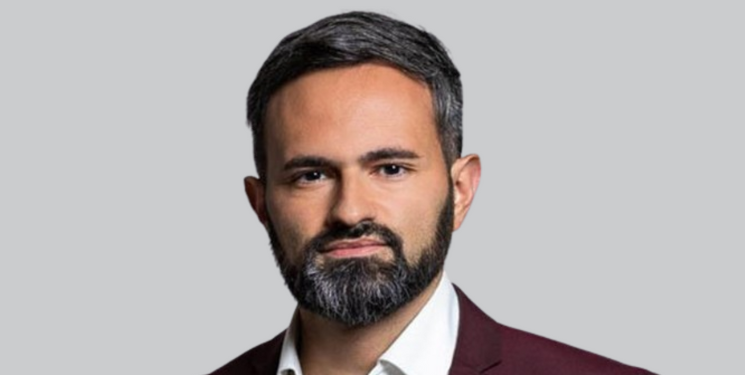On July 16, the European Commission presented its proposal for the next 7-year Multiannual Financial Framework (MFF), totalling a 1.816 trillion-euro budget for 2028-2034. The overall budget has significantly increased and therefore should translate into tangible change for social services across Europe. €865 billion has been allocated for agricultural, fisheries, cohesion and social policy.
It is structured along main categories of expenditures (headings) and provides for a maximum amount for each of them (ceilings). The proposal includes four headings, plus a ‘flexibility instrument’ and a ‘Ukraine Reserve’ that can provide additional funds over and above these ceilings.
The four headings correspond to the major areas of activity financed by the EU budget:
- Europe's economic, social and territorial cohesion, agriculture, rural and maritime prosperity and security
- Competitiveness, prosperity and security
- Global Europe
- Administration
The budget includes funds to support the delivery of the European Pillar of Social Rights through investing in people through quality jobs, social inclusion, education, skills, health, housing and social infrastructure. Specifically, a social target of 14% will apply to National and Regional Partnership Plans to steer investments towards the implementation of the European Pillar of Social Rights.
National and Regional Partnership Plans (NRPPs)
The new long-term budget will bring together EU funds implemented by national governments and regions under one strategy, which will be implemented through National and Regional Partnership Plans (NRPPs).
These new Plans will support quality employment, skills and social inclusion across all Member States, regions and sectors. They should contribute to promote equal opportunities for all, to support strong social safety nets, foster social inclusion, intergenerational fairness and fight poverty. The European Social Fund, which is most relevant for social services, will be implemented via these partnership plans.
In the new budget, the European Social Fund Plus (ESF+) is set to remain as a standalone fund. While we welcome this decision, we underline the need to strengthen it to continue its important contribution to the EU’s employment, social, education and skills policies, specifically in support of structural reforms in social inclusion through the modernisation of social services and a model of care and support that is person-centred.
EU funds driving social services' development
EU funding programmes are crucial for ESN members to develop and improve their services for people in need, hence maintaining EU financial support for social services is vital in particular when it comes to their contribution to promoting social inclusion and investment.
The budget acknowledges other EU funds that can also drive social services development, with the Erasmus+ programme set to be increased by 50% and the competitiveness fund including a doubling of Horizon Europe, which will hopefully be reinforced to include research in areas of social care and social services support models and innovation.
Social services are key in cushioning the effects of crises but also in improving people’s skills and therefore our competitiveness while ensuring our societies are fair, just and inclusive. Programmes behind EU funds help our members promote and test innovative social services solutions, invest in staff and build capacity, train and develop new skills and ensure the running of key programmes.
The European Social Network will monitor responses to these Commission proposals, advocating for a strong European Social Fund + to be invested in social services across Europe to promote the transformation of the sector through community-based person-centred programmes. Our members have also underlined that future EU funding programmes need to be co-developed with social services departments in public authorities at national, regional and local levels so they are properly targeted. Therefore, the proposal for national and regional partnership plans joined up in one coherent strategy is welcome as long as it helps to ensure that funds allocation and programming includes joint decision-making.


